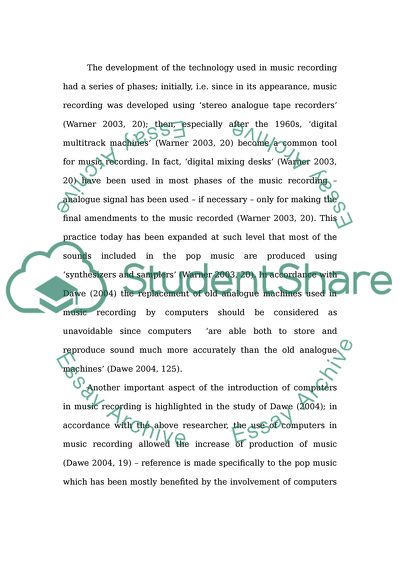Cite this document
(“The cultural impact of computer recording on popular music Essay”, n.d.)
Retrieved from https://studentshare.org/music/1405407-the-cultural-impact-of-computer-recording-on
Retrieved from https://studentshare.org/music/1405407-the-cultural-impact-of-computer-recording-on
(The Cultural Impact of Computer Recording on Popular Music Essay)
https://studentshare.org/music/1405407-the-cultural-impact-of-computer-recording-on.
https://studentshare.org/music/1405407-the-cultural-impact-of-computer-recording-on.
“The Cultural Impact of Computer Recording on Popular Music Essay”, n.d. https://studentshare.org/music/1405407-the-cultural-impact-of-computer-recording-on.


